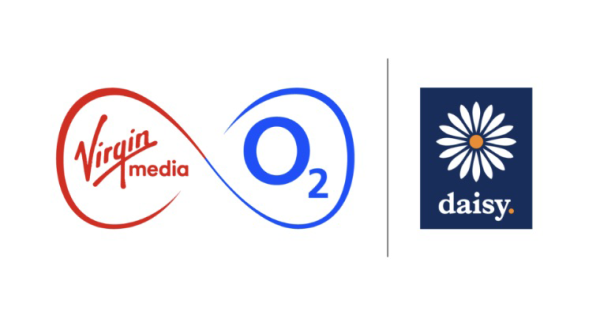Nokia and Mobile Industrial Robots (MiR), a leading manufacturer of collaborative mobile robots, will showcase the power of private 5G wireless for the digital transformation of industries at LogiMat in Germany.
The companies will demonstrate how companies like manufacturers and warehouse operators can leverage 5G to transform tasks, including real-time fleet management of industrial robots. MiR will leverage the Nokia Digital Automation Cloud (DAC) end-to-end industrial private wireless solution at its booth at the event in Stuttgart. MiR’s autonomous mobile robots (AMRs) will be connected to the 5G private wireless network using Nokia Industrial dongles, equipped with their own SIM cards.
The high-performance, ultra-low latency and security enabled by private 5G wireless enables work instructions to be delivered and actioned in real time, with all data remaining securely within the network. High reliability and coverage ensures the AMRs are always connected when traversing large spaces, such as warehouses.
Søren E. Nielsen, President of MiR, said: “Our AMRs address a range of workflows that allow manufacturing, warehouse and distribution centers to automate time-consuming tasks. Working with Nokia, we can showcase the benefits of 5G to enable real-time fleet management.”
Jochen Apel, Vice president, Digital Industries for Nokia Enterprise, said: “Nokia DAC allows industries to deploy private 4.9G/LTE and 5G wireless networks to digitally transform their operations. We look forward to demonstrating with MiR how high-performance enabled by 5G ensures there are no breaks in coverage so real time instructions can be delivered and actioned with autonomous mobile robots on large manufacturing floors and warehouses.”
Nokia DAC end-to-end platform delivers a comprehensive industrial grade private 4G/LTE and 5G wireless network solution for enterprises, comprising edge computing, radio access points and user equipment. Private edge cloud capabilities will ensure companies can seamlessly process massive amounts of video and data for real-time analysis and continuous process improvement. Nokia DAC offers a powerful web-based management portal to simplify device management. A wide range of applications are available to click and deploy to the edge from the Nokia DAC catalog.



























